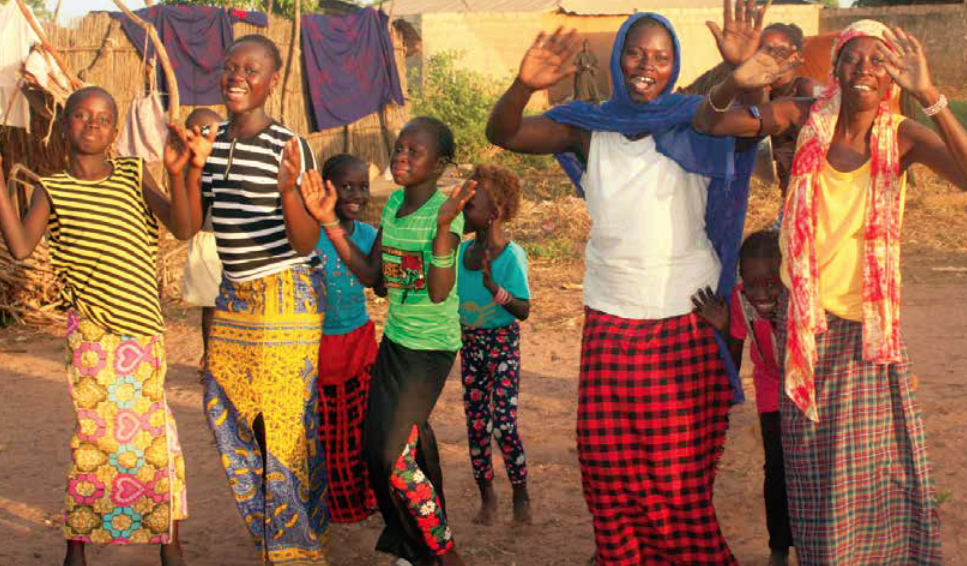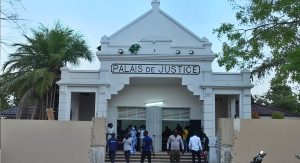In a research report titled “Communities Discriminated on Work and Descent (CDWD) in The Gambia,” Alima Taal and Halimatou Ceesay, Rights Experts of the Global Forum of Communities Discriminated on Work and Descent (GFoD), shed light on a largely undiscussed issue in the country. The report highlights the prevalence of discrimination against certain communities based on traditional notions of caste, social class, or hereditary occupation.
The authors delve into the various ethnic groups in The Gambia that are still practicing caste-based discrimination and the reasons behind its persistence. They also touch upon the conflicts that arise from this discrimination and its impact on the development paradigm of the affected communities.
One of the most distressing findings of the report is the denial of opportunities for education and employment to individuals with a particular caste.
These individuals also face social discrimination, such as being denied entry into mosques, social gatherings, and religious festivals, solely based on their caste.
The report identifies modern slavery as a significant concern, with caste-based and descent-based discrimination evolving into modern-day slavery. The caste system, predominantly practiced by the Mandinka, Fula, Wolof, Sarahulleh, and Serer ethnic communities, places nobles at the top, followed by artisans and slaves.
The report highlights instances where members of the anti-slavery movement known as ‘Gambaana’ face persecution for refusing to be referred to as slaves. Despite constitutional provisions prohibiting slavery, servitude, and forced labor, the discriminatory caste system and practices persist.
The report calls for the enactment of laws protecting and promoting the rights of CDWD, mass awareness programs, social welfare programs, and special measures in education, employment, social benefits, and political representation for the inclusion of these communities.
It also recommends the allocation of resources in budgets for CDWD welfare, storytelling projects to reveal their true experiences, the establishment of a dedicated commission to eradicate discrimination, and commissions to study modern slavery and discrimination in Gambia.
The report concludes with a call for the inclusion of ethnicity, caste, and other intersectional data in the Census to inform inclusive policymaking, highlighting the need for immediate action to address these long-standing issues and ensure the protection of the rights of all individuals in The Gambia.










